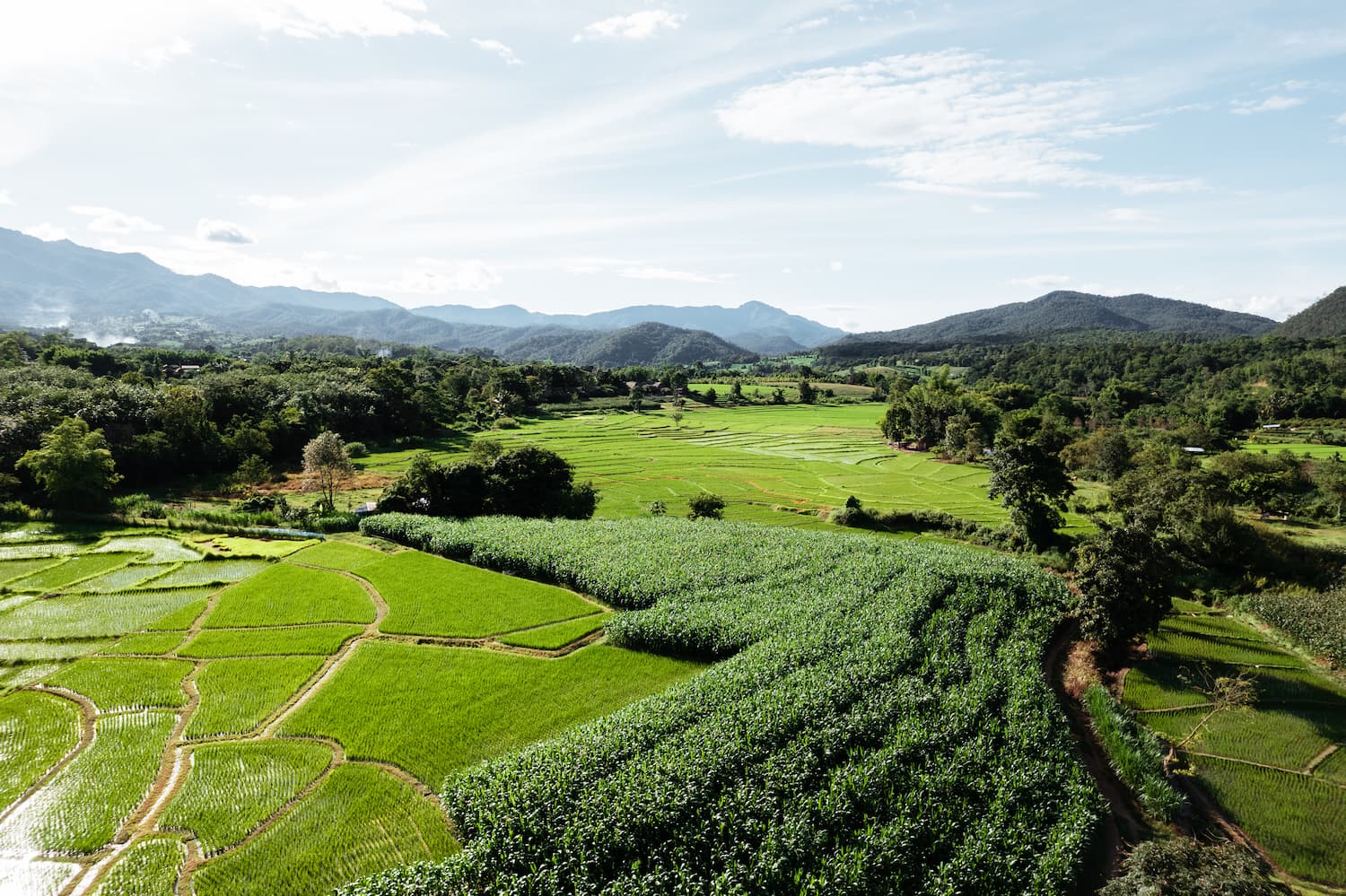EO Capability Benefits
Crop suitability assessments provide valuable insights into optimal agricultural land planning by analysing biophysical and climatic conditions and determining the most viable crops for specific regions, as well as the best locations for agricultural development. EO-based data-driven planning of crop site selection, which allows for the integration of a wide array of datasets, increases agricultural potential, lowers economic risk, and promotes sustainable land management, climate change resilience and food security.
EO Capability Description
Crop suitability analysis assesses the extent to which crop requirements match land conditions. In regions with harsh environmental conditions, for instance, this type of assessment supports the selection of specific crops that can thrive. It makes use of geospatial technologies and advanced analytical approaches to optimise the evaluation of land potential for agricultural development.
A wide variety of data sources are often used in combination. Remote sensing-derived indicators such as vegetation health, Soil Moisture, and Land Surface Temperature are combined with ancillary data such as soil property maps, climate records, topographic models and in-situ data to assess variations in suitability. EO-based methods enablepermit constant adaptation, accounting for climate variability, emerging environmental constraints and land degradation trends.


